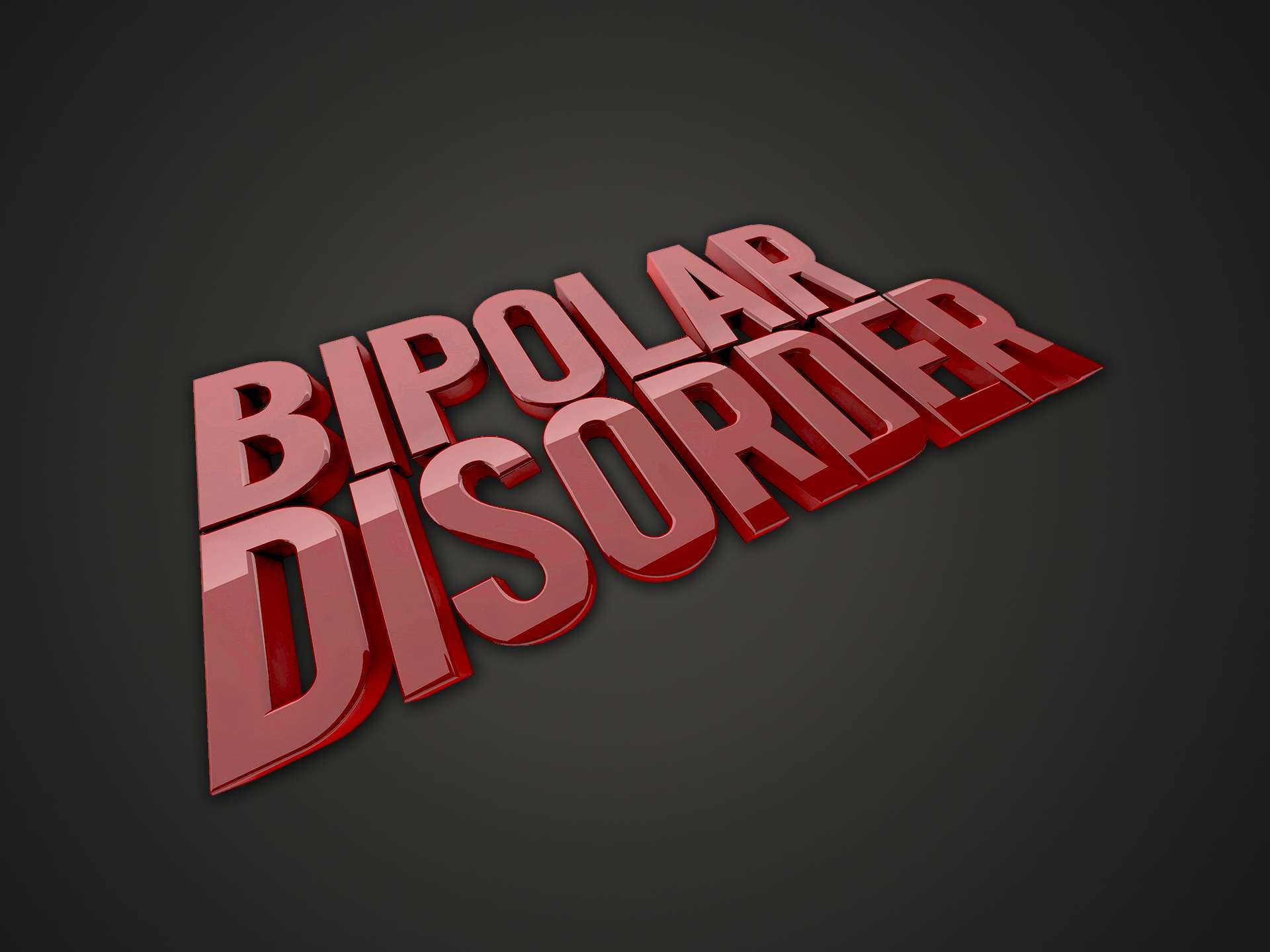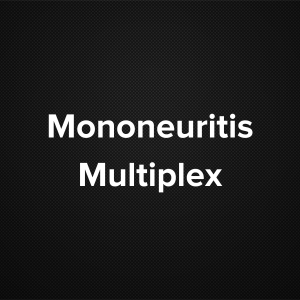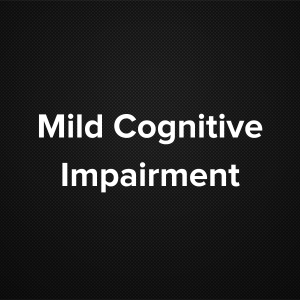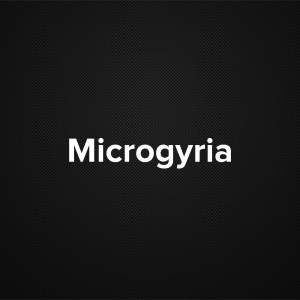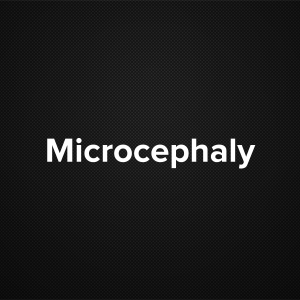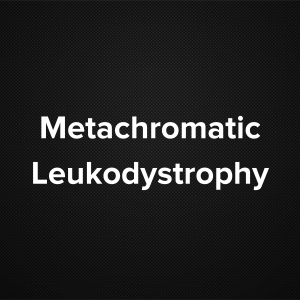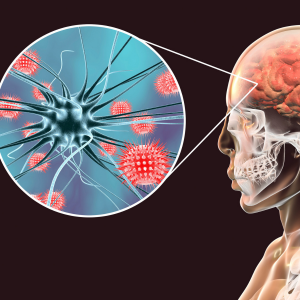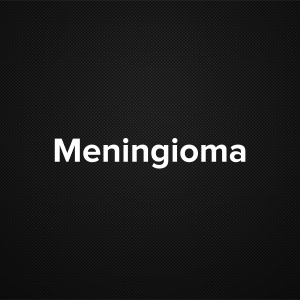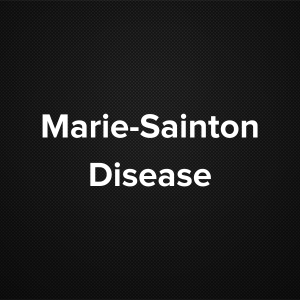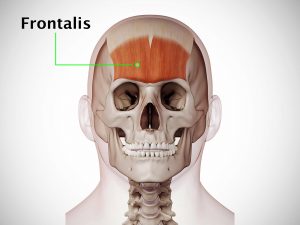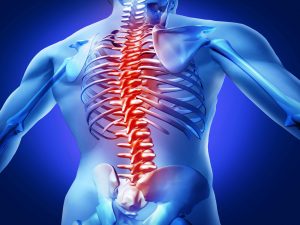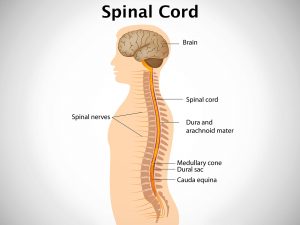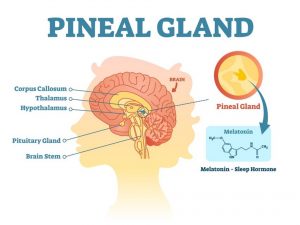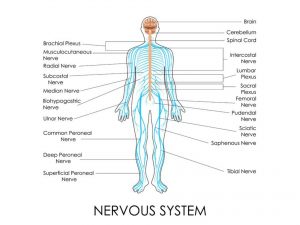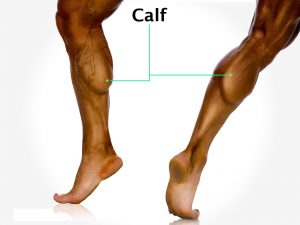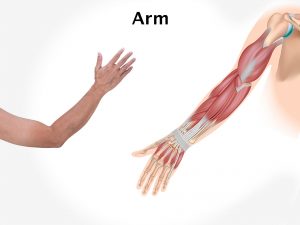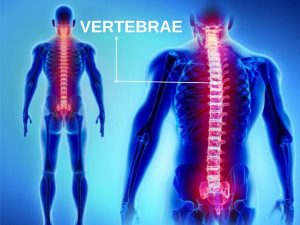Causes and risk factors
The exact cause of bipolar disorder is not known. It develops in late teens or early adulthood. Prevalence is similar in men and women. It usually appears between ages 15 – 25. It is an inherited disorder. Changes in neurotransmitter in the brain can cause the disease. Hormonal imbalance can also be considered responsible for bipolar disorder. Environmental factors like stress, abuse, major loss, and trauma are the predisposing factors for developing bipolar disorder.
Clinical presentation
The disease can be of various types. Types of bipolar disorder are Bipolar disorder I, Bipolar disorder II, and Cyclothymia. In bipolar disorder I, there is at least one fully manic episode with periods of major depression. In the past, bipolar disorder I was called manic depression. Mania symptoms include agitation or irritation, elevated mood, inflated self-esteem [delusions of grandeur, false beliefs in special abilities], sleeplessness ,over-involvement in activities, poor temper control, tendency to be easily distracted ,reckless behaviour such as binge eating, drinking, and/or drug use; unprotected sexual encounters. These symptoms of mania are seen with bipolar disorder I. In people with bipolar disorder II, hypomanic episodes involve similar symptoms that are less intense. In this, people seldom experience full-fledged mania. Instead they experience periods of hypomania. These hypomanic periods alternate with episodes of major depression. Depression symptoms such as feeling hopeless, sad, or empty, inability to experience pleasure, fatigue or loss of energy, physical and mental sluggishness, appetite or weight changes, sleep problems, difficulty concentrating, remembering, or making decisions, feelings of worthlessness or guilt. There may be withdrawal from activities that were once enjoyed, withdrawal from friends. Patient gets thoughts of death or suicide. Cyclothymia is a mild form of bipolar disorder and involves periods of hypomania and mild depression, with less severe mood swings. Bipolar disorder not otherwise specified[BP-NOS] is the one in which the symptoms don’t meet the diagnostic criteria of bipolar disorder I or II but the behaviour of the person is clearly an out of range behaviour. Rapid cycling bipolar disorder is a severe form of the disease in which patient has four or more episodes of major depression, mania, hypomania or mixed stated within period of one year.
Investigation
Medical history by the patient and Clinical examination by the psychiatrist helps in diagnosis. Positive family history helps to diagnose bipolar disorder. The diagnostic criterion is as follows – for bipolar disorder I there should have had at least one maniac or one mixed episode. For bipolar disorder II there should have had at least one major depressive and one hypomaniac episode. For Cyclothymia, one has had several hypomaniac and periods of depression but never had major depression, full maniac or mixed episode. In this symptoms continue for two or more years.
Treatment
Psychotherapy is required for treating bipolar disorder. It involves cognitive behavioural therapy, which teaches anger management techniques, relaxation techniques. Getting enough sleep helps keep a stable mood in some patients. Medications like anti psychotics, anti depressants, anti anxiety drugs, mood stabilizers help in treatment of the disease. Electroconvulsive therapy [ECT] may be used to treat bipolar disorder. Individual and family and counselling will also help in managing bipolar disorder. Hospitalisation may be required in severe episodes of disease.
Other Modes of treatment
The other modes of treatment can also be effective in treating bipolar disorder. Homoeopathy is a science which deals with individualization considers a person in a holistic way. This science can be helpful in combating the symptoms. Similarly the ayurvedic system of medicine which uses herbal medicines and synthetic derivates are also found to be effective in treating bipolar disorder.
Facts and figures
The World Health Organization lists bipolar disorder as the sixth leading cause of disability in the world. About 4% of people in world suffer from bipolar disorder.
